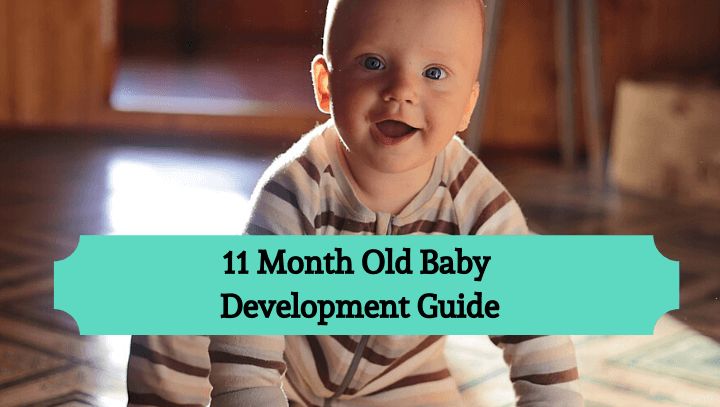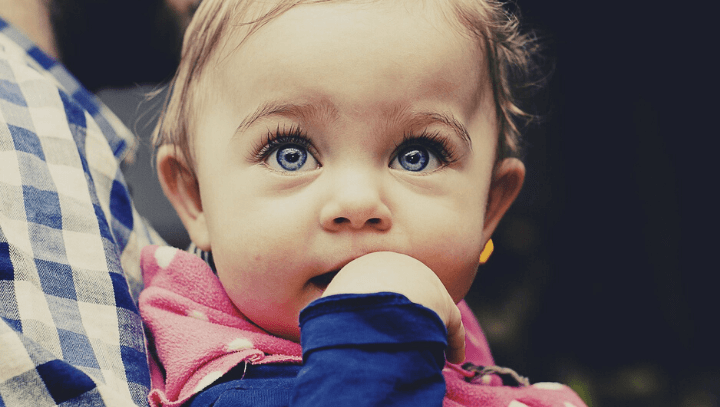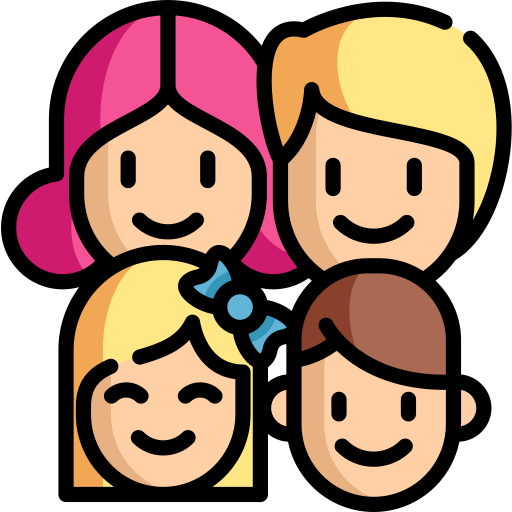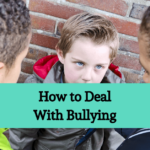11 months old? Time flies. It’s almost time for your baby’s first birthday. During your baby’s first 11 months of life, your baby, as well as yourself, has surpassed incredible milestones.
The development of your baby remains vital at this precious stage in their life. Here are the typical developmental stages and milestones your baby will surpass at 11 months old, and some tips for continued development.
11 Month Old Baby Development & Progress
Cognitive and motor milestones
Your baby should be beginning to reach a variety of cognitive milestones, including:
- Enhanced motor skills: You will notice your baby beginning to squeeze and pull harder, move faster, and make new movements with their hands, feet, fingers, and toes.
- Muscle capacity: Your baby will become stronger, and once-heavy items will become easy to lift. They will be able to push themselves up from the ground and pull themselves up using a table or couch.
- Improved hand-eye coordination: 11-month-old babies typically can grasp for items, point at things, and poke things with their index finger.
- Crawling, cruising, and standing: Your baby should be getting much better at crawling. In addition, they may be cruising, which is like standing while leaning on furniture and other household items. Your baby might be able to stand on their own, and they should be encouraged to do so. Your baby could be in the beginning stages of walking, but that commonly doesn’t happen until beyond 12 months.
- Senses: At 11 months, your baby should begin to understand that you are still there even when you aren’t right in front of them. They can see faces from further away and can follow moving objects. Your baby is also integrating their hearing with their sight and will begin to listen more carefully when you speak to them.
- Learning how things work: Using a cup, a comb, and toys will become easily understood by your baby. Once unknown items will become second-nature to them because of the number of times they’ve interacted with different things.
Growth
From 11 to 12 months old, your baby will have grown quite a bit. Boys can weigh between 17 to 28 pounds and be as tall as 26 to 33 inches. Girls can weigh between 16 to 26 pounds and be as tall as 25 to 32 inches.
Feeding
Breastfeeding is still okay if your baby has not shown signs of wanting to be weaned off breastmilk. The World Health Organization recommends babies to be breastfed exclusively for 6 months to protect against common childhood illnesses. Breastmilk contains antibodies that help fight against any illness your child may develop.
Additionally, breastmilk provides up to half of a baby’s nutritional needs between 6 to 12 months of age and up to one-third of nutritional needs between 12 to 24 months. Also, according to the World Health Organization, breastfed children are less prone to diabetes, less likely to be overweight, and perform better on intelligence tests.
Your baby should still be nursed about three to five times per day at about six to eight ounces per feeding.
Besides breastfeeding, some suggest that you can supplement your baby’s nutritional needs with cow’s milk at about 12 months, as well as a variety of solid foods. However, breastfeeding is still recommended up until two years of age, if possible. By now, your baby should be using their fingers to feed themselves.
Here are some solid foods to supplement:
- Dairy products like yogurt and cheese
- Protein products like chicken, beef, and fish
- Fruits and vegetables
- Whole grains
- Snacks throughout the day like crackers and dry cereal
Does your baby not enjoy a particular food? Keep trying. It could take up to 12 times or more before they eat it. Continue trying different foods and add a variety of flavors for your baby’s developing sense of taste.
Social skills, emotions, and communication
- Your 11-month-old baby is continuing to evolve their language, and they might begin to engage in a conversation with you. Although you might not be able to understand what they are saying, you will hear sounds like “oh” and “ah” that are the beginning stages of words.
When you name things like “bottle” or “mommy” or “daddy,” your baby could begin to point to what you are saying. They are beginning to develop their language. Even if they don’t know how to say the words, they are continually learning what things are. In fact, they should by now recognize who their mom and dad are.
They will also begin to understand what you are saying when you give them simple requests and ask them simple questions. They may give you their toy when asked or can pick up a bottle when asked.
- Your baby can display a wide range of emotions. They may begin to understand words like “yes” and “no” and will start to shake or nod their head for approval and disapproval.
- By 11 months, they should be able to parallel play, which is being able to play with toys next to another baby around the same age as them.
- Your baby may display an unwillingness to leave a person they are unfamiliar with and may become frustrated or sad when you step away from them, even for a moment.
Sleep health
At 11 months old, your baby should sleep on average 10 to 12 hours per night. Depending on how your baby reacts, you can give them either 2 daytime naps or 1 nap that lasts longer. Your baby might still need 2 naps to prevent tantrums or crying because of exhaustion, but you should be working toward only 1 nap during the day.
With night sleeping and naps combined, your baby should be sleeping for an average of 12 to 14 hours per every 24 hours.
While you may have the thought of removing the crib and allowing your baby to sleep in a bed, they’re not ready for that yet. Your baby should remain inside a crib until they are 3 years old. At that point, you can determine if your baby is ready for their first bed.
The risk of SIDS has decreased by 11 months, but it is still recommended to have an empty crib. The risk of SIDS still remains, so you can sleep with peace of mind by not including a pillow or blanket in the crib. If you are worried that your baby will get cold, put them in a warm and fuzzy onesie that will keep them snug throughout the night.
Tips for continuing development
- Read: Your baby hears everything you say, and they are even beginning to develop their language skills. Reading bedtime stories every night will help them continue to develop their language skills. The more you read to your baby, the less time it will take for them to speak words.
- Create conversation:
Besides reading a story to your baby, talking with them in a regular
voice can influence them to try to talk back. Continue to relate
words to the things they want. If they reach for a bottle, ask them,
“Do you want the bottle?” or, “Are you hungry?” If they
point to the dog, tell them, “Yes, that’s the dog!”
Besides creating conversation with your baby, attempt to continue the conversation. For example, if they reach for a book, tell them, “That’s a book.” If they continue reaching, ask them, “Do you want to read a story?” After the story is finished, say, “All done. That was a good story.” The more you talk with your child, the more they will begin to understand the relationship between different words.
- Sign language: Because your
baby hasn’t fully grasped words, it can be beneficial to teach
them sign language. While you don’t have to be an expert in every
signed word, you can learn and teach them some basic signs that can
help your conversations. Create a sign for “hungry,” “more,”
“all done,” “blanket,” “nap,” and other common words
they are trying to say.
When your baby begins to communicate with sign language, attribute their signs to words. If they sign for “more,” say, “Do you want more?” Your baby will begin to develop their spoken language faster by understanding what words are attributed to what they want.
- Understanding emotions: You have probably experienced at least a few tantrums from your 11-month-old. Prepare yourself; they typically get worse. However, the more you teach your baby to understand their frustrations, the better they will be able to handle their feelings.
If they hit their hands in frustration, tell them, “I understand how frustrated you are. What can I do to help?” If they throw their empty bottle on the floor, say, “I can see you want more, but that’s no way to handle that. Just say, ‘More,’ and I’ll give you more.” You can include your sign for ‘more’ to show your baby that they can use sign language instead of screaming, crying, or hitting out of frustration.
- Help them walk: Your baby is going to be walking—and soon running—all around the house in the next few months. They may already be cruising and maybe even standing on their own. Hold their hand and walk with them, showing them how to put one foot in front of the other. Encourage them to try it on their own, and it won’t be long before they take their very first steps.
- Limits: Babies don’t
understand right from wrong until you teach it to them. When your
baby makes good decisions like using signs instead of throwing
tantrums and pointing to things instead of screaming, reward them
for it.
If your baby takes their frustration out on you or others, you can calmly tell them, “No, that’s not okay.” While some parents don’t like using the word “No,” your child is going to have to learn right from wrong at some point. You can speak softly to your baby when you tell them not to do something while redirecting their attention to something else.
- Continue a safe environment:
The more your baby moves around the house, the more trouble they can
potentially get into. Your baby should be crawling faster, and they
may even be using items to help them stand and attempt to walk. Take
notice of hazards like exposed outlets, drawer and cabinet handles,
and other non-safe areas they could get into as they develop their
strength, height, and other capabilities.
Keeping your interior baby-safe allows your baby to explore their surroundings on their own without the possibility of getting into something they shouldn’t. Your baby will learn faster as they have the freedom to find things out for themselves. Yelling or scolding your baby for getting into something they shouldn’t get into could detract them from exploring and learning while allowing them to explore can develop their sense of independence.
- Independence: Your baby is
already becoming more independent as they are able to hold things,
grab things, and stand up. Encourage your baby to become more
independent by allowing them to attempt to do things on their
own.
You can encourage them to eat on their own by feeding them a little and then putting the food in front of them to pick up themselves. You can teach them to understand how to dress themselves by starting with encouraging them to put their arms through the holes of their shirt to get it on.
The more you encourage your baby to be independent, the faster they will learn how to do things. They will understand the process of learning new things and could become much more interested in trying to do things on their own.
Conclusion
Your baby is growing up so fast, and while it can be challenging to cope with your baby doing things on their own without your help for everything, you must allow yourself to challenge your baby by allowing and encouraging them to grow up. Your baby will always be your baby no matter how old they are, and it is vital that they continue their development to continue being a happy and healthy child.












0 Comments